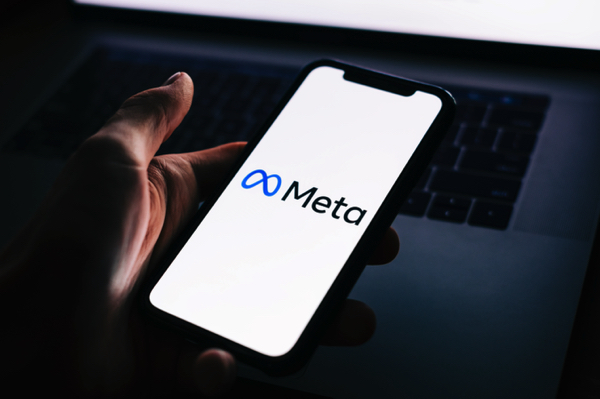Texas strikes back: Ken Paxton's $1.375 billion victory over Google exposes Big Tech's war on privacy
By ljdevon // 2025-05-12
Tweet
Share
Copy

- Texas secures a record $1.375 billion settlement from Google for illegally collecting and monetizing users’ private data.
- The penalty dwarfs previous settlements, including a $391 million multi-state agreement, proving Texas’ aggressive stance against Big Tech overreach.
- Google secretly harvested geolocation data, incognito search histories, and biometric identifiers like voice-prints and facial geometry.
- Paxton’s victory follows a $1.4 billion settlement with Meta for similar privacy violations, cementing Texas as the nation’s leader in holding tech giants accountable.
- The settlement exposes Google’s long-standing deception, reinforcing the need for stronger privacy protections against corporate surveillance.
The privacy war Texas is winning
While other states have timidly negotiated minor fines with tech behemoths, Texas has taken a sledgehammer to their predatory business models. Google’s $1.375 billion penalty is no slap on the wrist—it’s a seismic financial hit, yet still a fraction of the profits reaped from exploiting user data. For years, Google manipulated Android users, secretly logging their movements even when location services were disabled, while its Chrome browser tracked "private" searches. Worse, the company amassed biometric data—voiceprints and facial scans—without consent, turning human beings into unwitting data commodities. Paxton’s lawsuit, filed in 2022, exposed these violations of Texas’ privacy laws, but the battle didn’t start there. The state has been building momentum, securing a 700 million settlement against Google’s anti−competitive Play Store practices and 8 million payout for deceptive Pixel 4 ads. Now, with the Meta settlement adding another $1.4 billion to the tally, Texas is proving that aggressive litigation, not empty political posturing, is the only way to rein in Big Tech.Why other states failed where Texas succeeded
When 40 states banded together to challenge Google’s location-tracking abuses in 2022, they settled for just $391 million—a paltry sum compared to Texas’ solo victory. The disparity reveals a harsh truth: collective actions often dilute accountability, letting corporations off easy. Texas refused to join that weak-kneed coalition, opting instead for an independent fight that yielded three times the recovery. Meta faced the same Texas-sized reckoning. While other states accepted modest fines for the company’s facial recognition abuses, Paxton’s office extracted $1.4 billion—the largest privacy settlement in U.S. history from a single state. The message? When governments act decisively, without bureaucratic compromise, they can dismantle Big Tech’s impunity.The future of privacy: Will other states follow Texas’ lead?
Google and Meta aren’t outliers—they’re part of a systemic assault on personal freedom. From Amazon’s eavesdropping Alexa devices to TikTok’s invasive data mining, corporations treat privacy as a loophole to exploit, not a right to uphold. Texas’ victories set a new standard, but the fight is far from over. Paxton’s success hinges on Texas’ unique biometric privacy law, which mandates consent before companies can harvest facial or voice data. Other states, like Illinois with its Biometric Information Privacy Act (BIPA), have similar protections, yet enforcement remains inconsistent. If more attorneys general adopt Texas’ uncompromising approach, Big Tech’s surveillance economy could finally face real consequences. Sources include: X.com TexasAttorneyGeneral.gov TexasAttorneyGeneral.gov TexasAttorneyGeneral.gov TexasAttorneyGeneral.govTweet
Share
Copy
Tagged Under:
Texas surveillance Google Facebook deception Ken Paxton Facial recognition settlement litigation antitrust consumer rights data privacy Big Tech corporate accountability Incognito Mode tech monopoly meta privacy laws biometric data geolocation tracking
You Might Also Like
USDA cracks down on SNAP benefit fraud in nationwide operation
By Laura Harris // Share
How Meta’s “free” AI assistant turns private conversations into profit
By Cassie B. // Share
Texas Gov. Greg Abbott signs school choice bill into law
By Laura Harris // Share
Recent News
Health Ranger Report: Cory Endrulat explains why humanity must ABOLISH modern slavery to survive
By kevinhughes // Share









